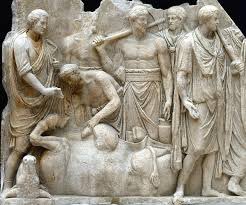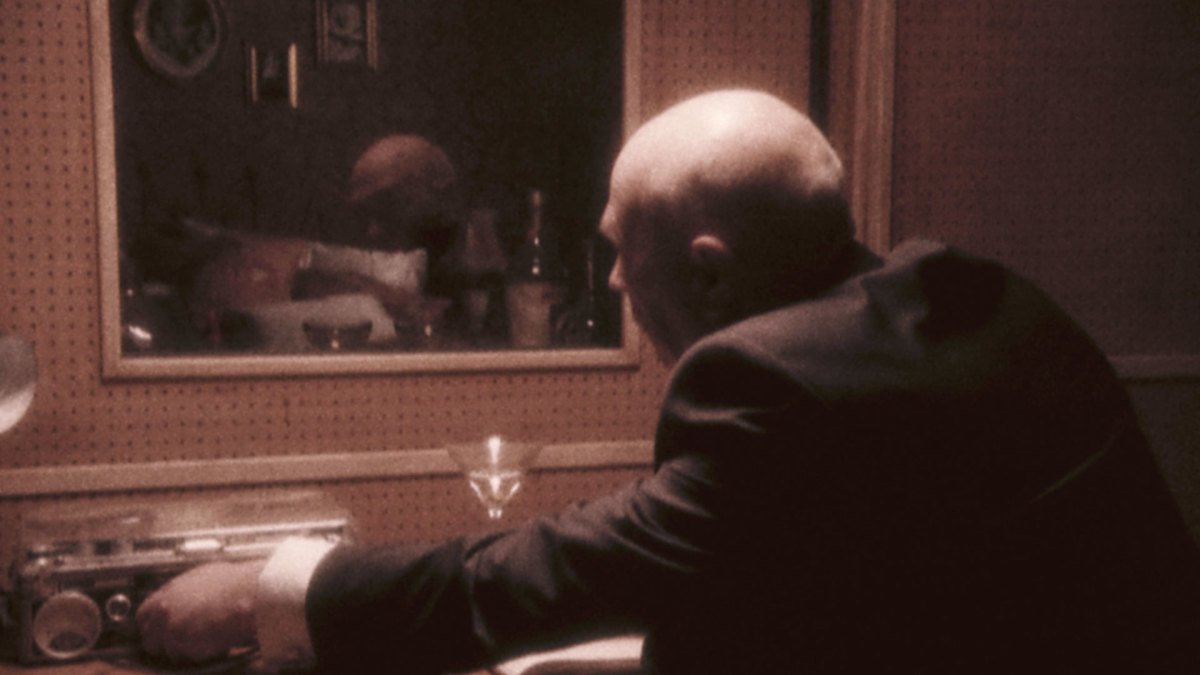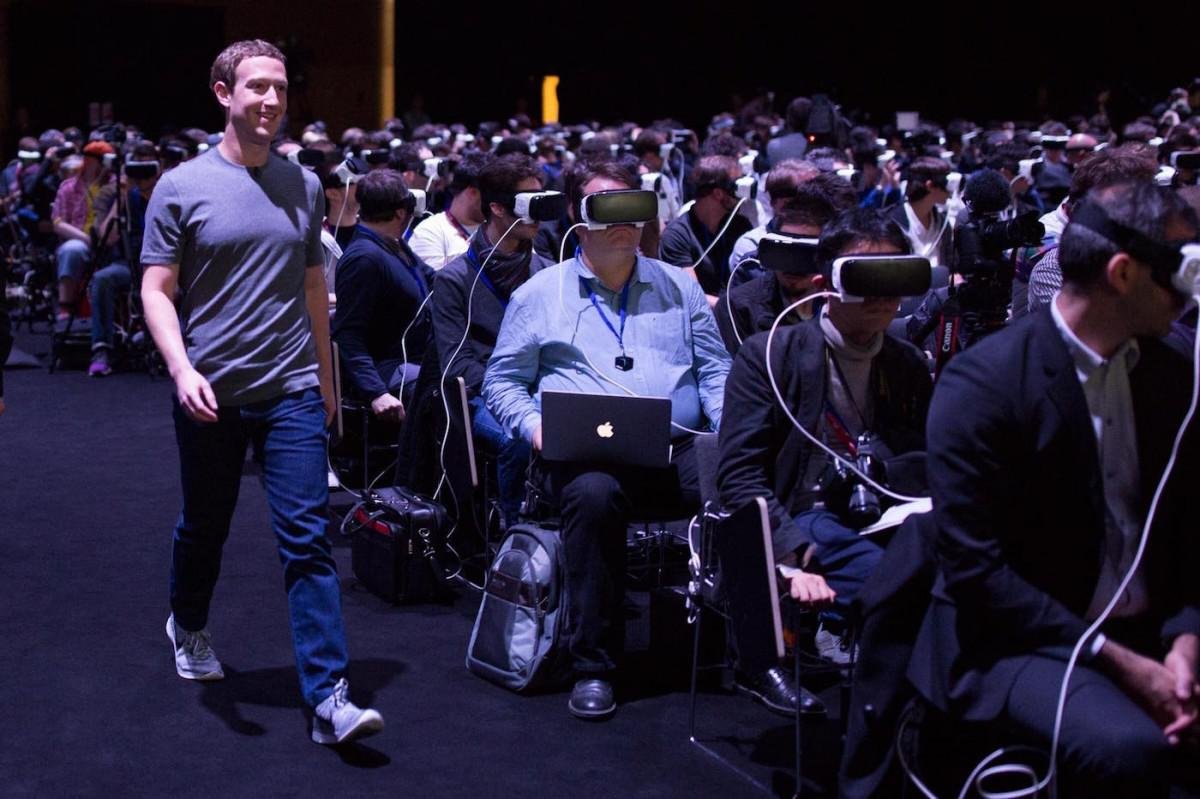My name is Scorched Earth Policy and I love beautiful women.
I want to have sex with beautiful women.
This expression is being evaporated by a sinister silent war against male vitality. There was once a time when men could gather around and mutually publicly share this sentiment



I want to have sex with beautiful women.
This expression is being evaporated by a sinister silent war against male vitality. There was once a time when men could gather around and mutually publicly share this sentiment




I want you to picture a mechanics garage. An old school place where people get their hands filthy and smoke cigarettes. Oil stains on a concrete floor, rusted well worn wrenches. On a particle board shelf with half empty oils & random bolts, a playboy calendar is taped up proudly 



In a young boys room during summer of 1997, there is a poster on the wall. In the corner it says Sports Illustrated. An athletic supermodel sits on her hands and knees, sand stains creep up her tanned thighs. She wears a bright bikini and smiles. His whole family has seen it. 



These are minor examples of a forgone time in America, western society has once coveted the beautiful woman. The naked woman. Men openly would comment to their cohorts on the excitement they felt when a beautiful woman entered the room. Today there is a distinct shame to sex. 



I'm sure your first objection will be, "Scorch! Sexuality is more open than ever"
WRONG!
There is a twin perverse element of "sex" that has pervaded society and crept in to the minds & hearts of young people. It has replaced what was once red blooded honest and pure virility
WRONG!
There is a twin perverse element of "sex" that has pervaded society and crept in to the minds & hearts of young people. It has replaced what was once red blooded honest and pure virility

The modern zoomer boy will keep his walls bare of any element of young lust. He avoids the innocent teasing of his family. He is a eunuch on his surface, taught by so many cartoons and YouTube vids to avoid revelation. Yet he hunches over his phone and masturbates to FILTH. 



There was once a time when films chose to consider the romantic interest as a necessary element of film. A non-negotiable part of the package. The hero and the maiden flirt in the open act. The climax of the movie sees them climaxing. The ending sees them kiss before a sunset. 

Now what? How many sterile millennials have written vomit inducing buzzfeed articles about how "refreshing" it is to see movies where a man & a woman behave asexually to each other, simply so they don't fidget and squirm for a 2 minute sex scene when watching with their parents? 







This neutral dishonesty hides the veneer of pornography, increasing in escalation. The most prudent defense of the modern digital man is to call me a coomer?
NAY SAYS I
Who are you if you are so weak to the nudity of a beautiful woman you cannot help but think of masturbating?
NAY SAYS I
Who are you if you are so weak to the nudity of a beautiful woman you cannot help but think of masturbating?

I am tired of the forced asexuality in the world. I want a world where young men proudly put up beautiful naked women in their rooms, their garages, their gyms, their wallpapers, their art, and their lives. I want openness & honesty. Tasteful nudity is the path to our redemption. 





Sex is sacred and to deny it completely, to curtain it out of view like some nervous stilted shame like some anxious child is unnatural. By curtailing this basic masculine pride, we have opted for the steady spiral into increasingly filthy perverse fetishes and pornographies. 







Semen retention is a step in the right direction, but just as the teetotaler merely replaces one addiction for another, the no fapper replaces hedonism with fear. I say no more.
No more hiding.
No more shame.
My name is Scorched Earth Policy and I LIKE TO FUCK.
Do you?
No more hiding.
No more shame.
My name is Scorched Earth Policy and I LIKE TO FUCK.
Do you?

• • •
Missing some Tweet in this thread? You can try to
force a refresh




































